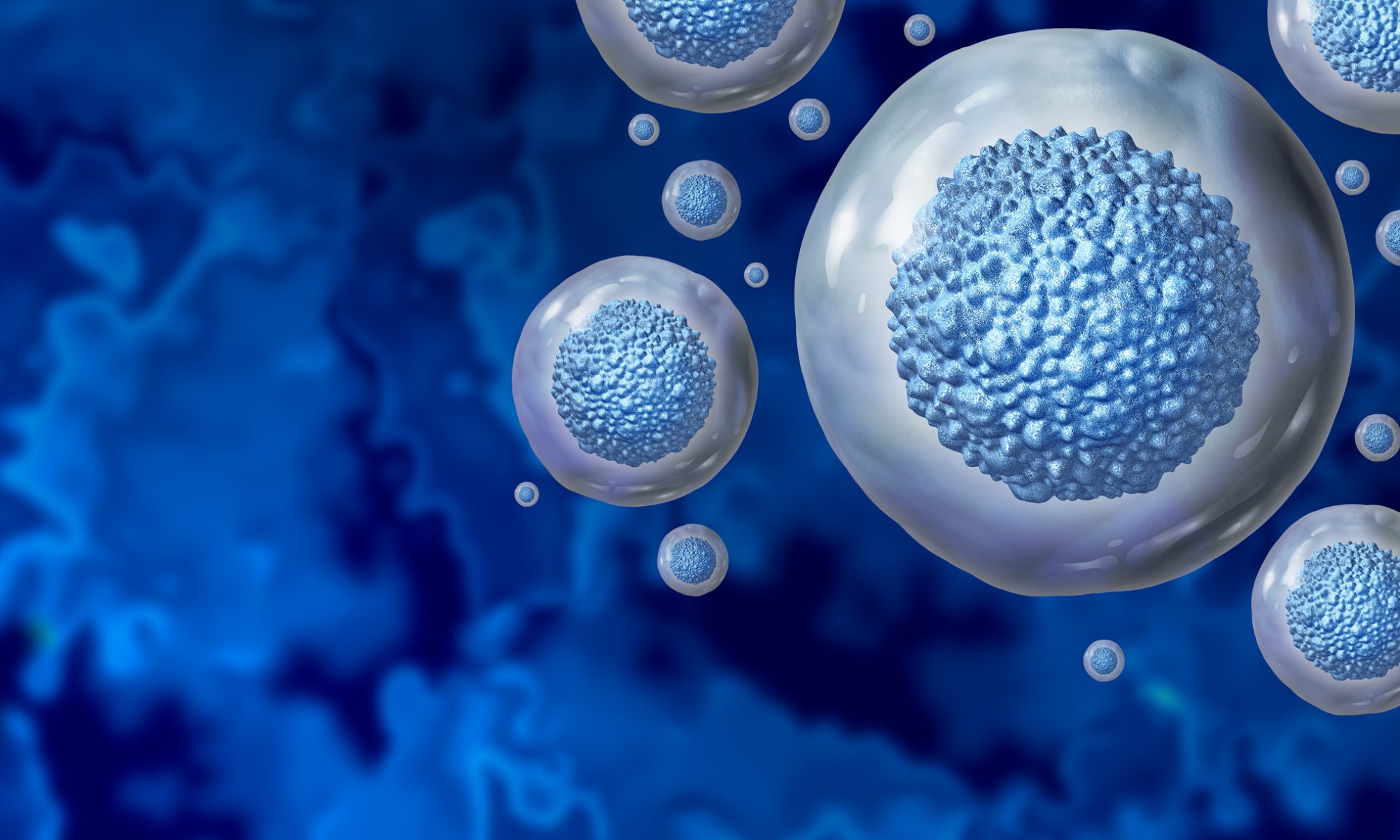High-quality biomarkers that detect emergent graft damage and/or rejection after solid-organ transplantation offer new opportunities to improve post-transplant monitoring, allow early therapeutic intervention and facilitate personalized patient management. Read more.
Small Study Shows 100% Success in Lung Transplants for COVID-19–Associated ARDS
Survival was 100% among patients who had COVID-19-associated acute respiratory distress syndrome (ARDS), and 83% for those without COVID-19 infection.
Among 30 patients with COVID-19-associated acute respiratory distress syndrome (ARDS) who underwent a lung transplant, survival was 100%, according to a study published in JAMA. Read the full story.
SLU Transplant Team Enrolls Participants in National Kidney Study
Newswise — ST. LOUIS – African Americans have an increased risk of kidney failure, and new research shows that some of this risk is related to variations in a gene called apolipoprotein L1 (APOL1). It’s a risk Deryl Cunningham, a kidney transplant patient at SSM Health Saint Louis University Hospital, knows all too well.
When Cunningham was diagnosed with stage 2 kidney disease by a doctor in Terre Haute, Indiana, he assumed he had been handed a death sentence. Upon relocating to Edwardsville, Illinois, a local nephrologist mentioned rare instances that kidney disease can be reversed. From there, he began his research. Read more.
Racial disparities in kidney transplantation access are highest among young adults
In a retrospective study of adults initiating kidney failure treatment during 2011-2018, disparities in kidney transplantation by race were highest among patients age 22-44 years of age. Within this age group, kidney failure was treated by kidney transplantation among 10.9% of white patients but only 1.8% of Black and 4.4% of Hispanic patients.
In a retrospective study of adults initiating kidney failure treatment during 2011-2018, disparities in kidney transplantation by race were highest among patients age 22-44 years of age. Within this age group, kidney failure was treated by kidney transplantation among 10.9% of white patients but only 1.8% of Black and 4.4% of Hispanic patients. Read more.
Sparing the Prod: Providing an alternative to endomyocardial biopsies with non-invasive surveillance after heart transplantation during COVID-19
BACKGROUND: The COVID-19 pandemic has reduced access to endomyocardial biopsy (EMBx) rejection surveillance in heart transplant (HT) recipients. This is the first Canadian study to assess the role for non-invasive rejection surveillance in personalizing titration of immunosuppression (IS) and patient satisfaction post-HT.
METHODS: In this mixed methods prospective cohort study, adult HT recipients more than six months from HT had their routine EMBx replaced by non-invasive rejection surveillance with gene expression profiling (GEP) and donor-derived cell-free DNA (dd-cfDNA). Demographics, outcomes of non-invasive surveillance score, hospital admissions, patient satisfaction, and health status on Medical Outcomes Study 12-item Short Form Health Survey (SF-12) were collected and analyzed using t-tests and chi-squared tests. Thematic qualitative analysis was performed for open-ended responses. Read more.
Transplant team braves winter storm to deliver donor lungs to patient
ST. LOUIS (KTVI) – A St. Louis man is alive thanks to an organ transplant team that persevered through incredible odds. That team had the task of transporting a pair of lungs through some very bad weather.
“It really felt like minutes to spare. It was very high stakes,” said Dr. Katherine Caldwell.
Read the full story.
Kidney transplant recipients were more careful than the general population during pandemic
During the first few waves of COVID-19, kidney transplant recipients in Norway engaged in less social interaction than the general population and strongly adhered to government advice, according to data published in Kidney Medicine.
Further, kidney transplant recipients reported feeling more concerned about infections despite living in a country with low infection rates. Read more.
The Medical Miracle of a Pig’s Heart in a Human Body
In the early hours of January 7th, the cardiothoracic surgeon Bartley Griffith, unable to sleep, went to his kitchen to make coffee. It was about 2 a.m. His usual mug is tall, and he had to remove the stand from his Krups machine in order to fit it. “Next thing I realized, I had coffee all over the floor. I had forgotten to put the cup under,” Griffith told me. “You get a bit wiggly, a bit superstitious.” He asked himself, “Do you know what you’re about to do?” Griffith has forty years of surgical experience. But later that morning he was scheduled to perform a surgery that would be unusual even for him: the world’s first transplantation of a pig’s heart into a human. Read more.
‘We take so much for granted in this life’ | Georgia man reflects on lung transplant, COVID-19 diagnosis that nearly killed him
JACKSONVILLE, Fla. — Matt Rogers is a walking and talking miracle.
He says a COVID-19 diagnosis last year should have killed him.
“Apparently COVID didn’t like me at all. So, we just had a rough time going through it,” he remembered. Read the full story.
Cancer, Infection Risk Higher in Transplant Patients Than Rejection
Cancer, infection, and heart disease are greater risk factors for death in kidney transplant recipients who die with a functional graft than organ rejection, a retrospective Mayo Clinic cohort study indicates.
“It’s important to have immunosuppression to protect people from rejection but we wanted to be able to say, ‘What are the other causes of kidney failure that we might be able to identify that help improve longer-term outcomes’,” co-author Andrew Bentall, MBChB, MD, a Mayo Clinic nephrologist, told Medscape Medical News.








